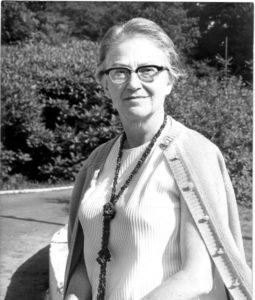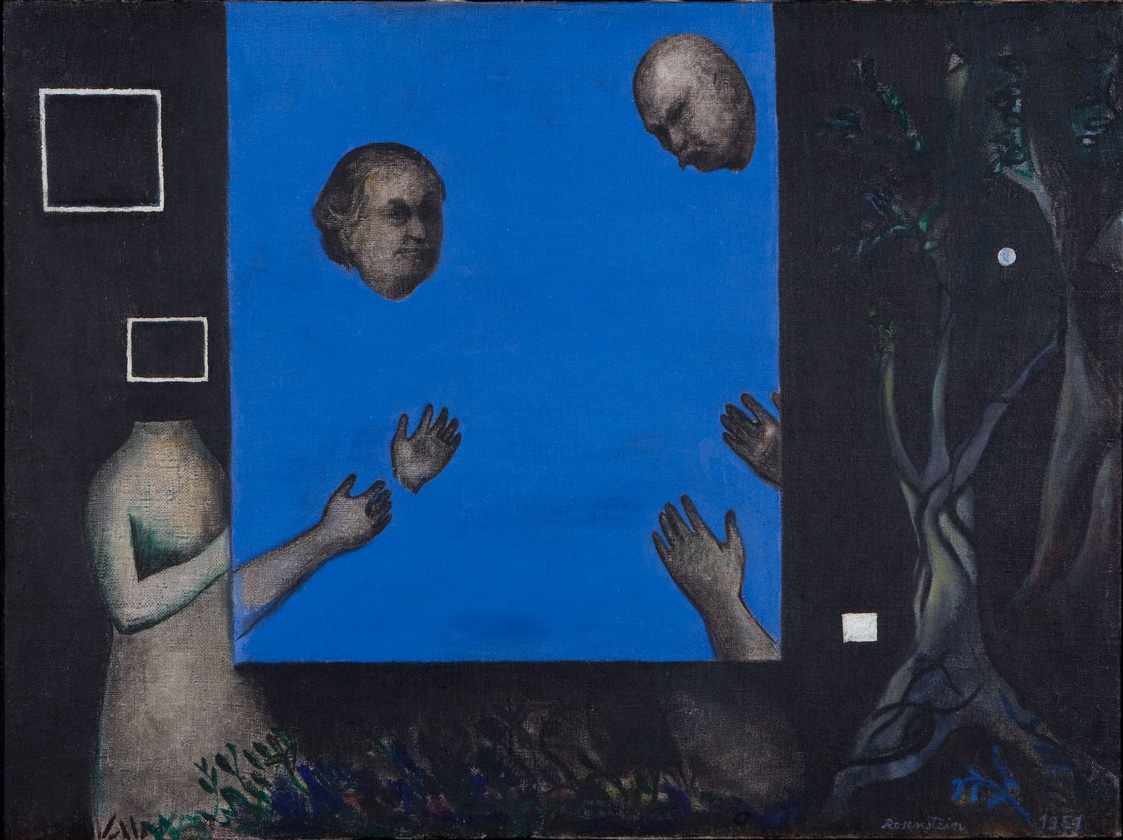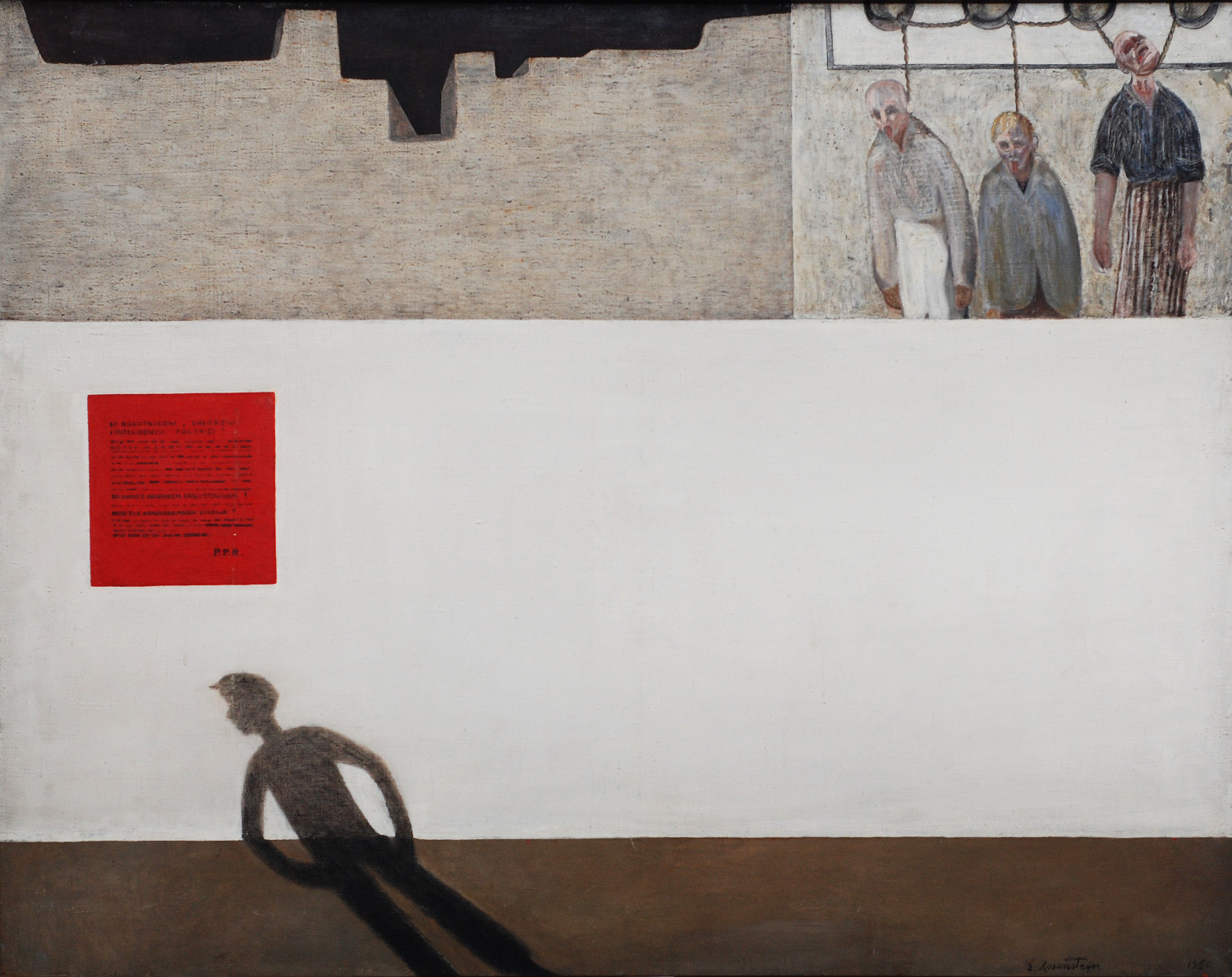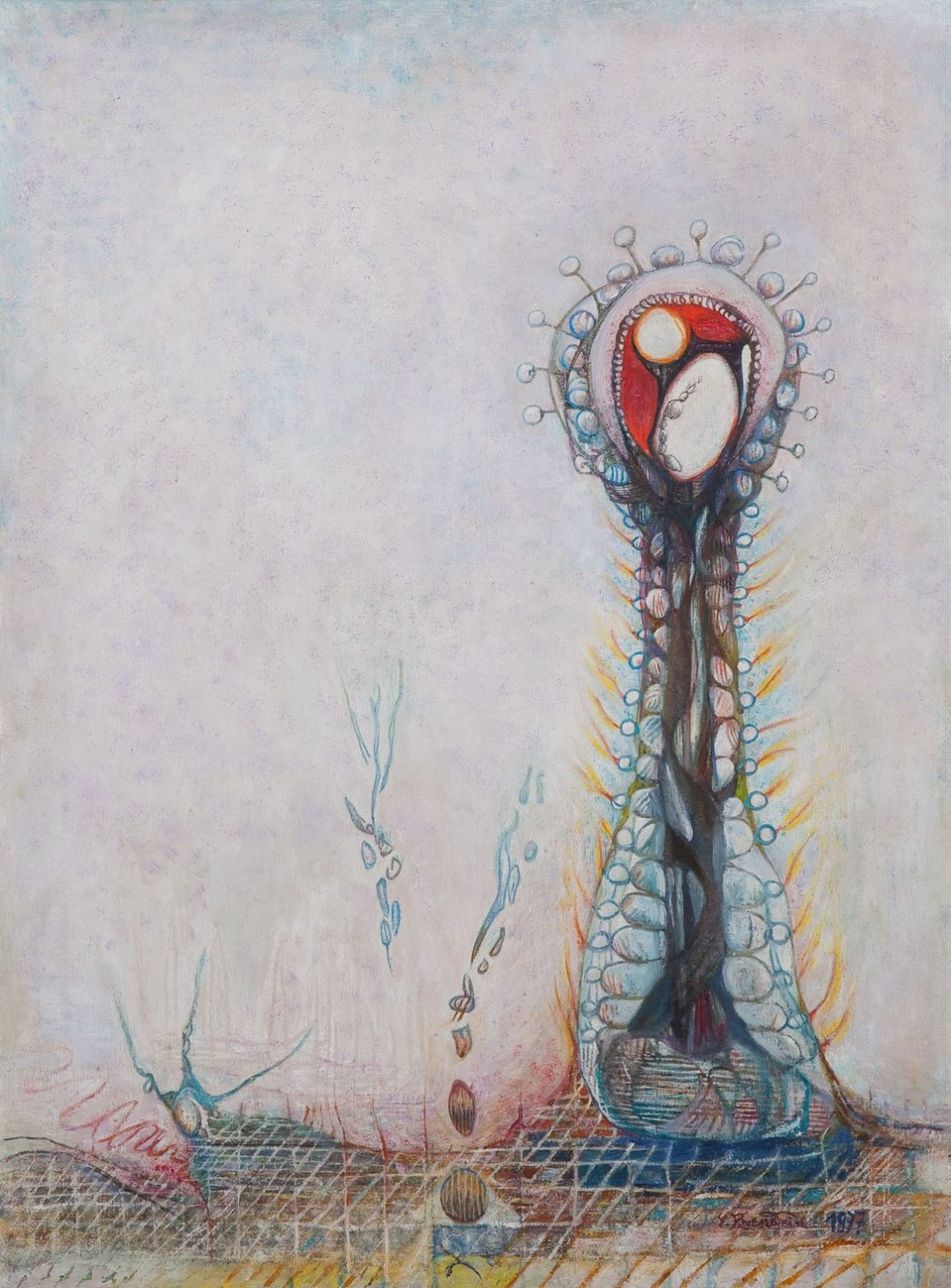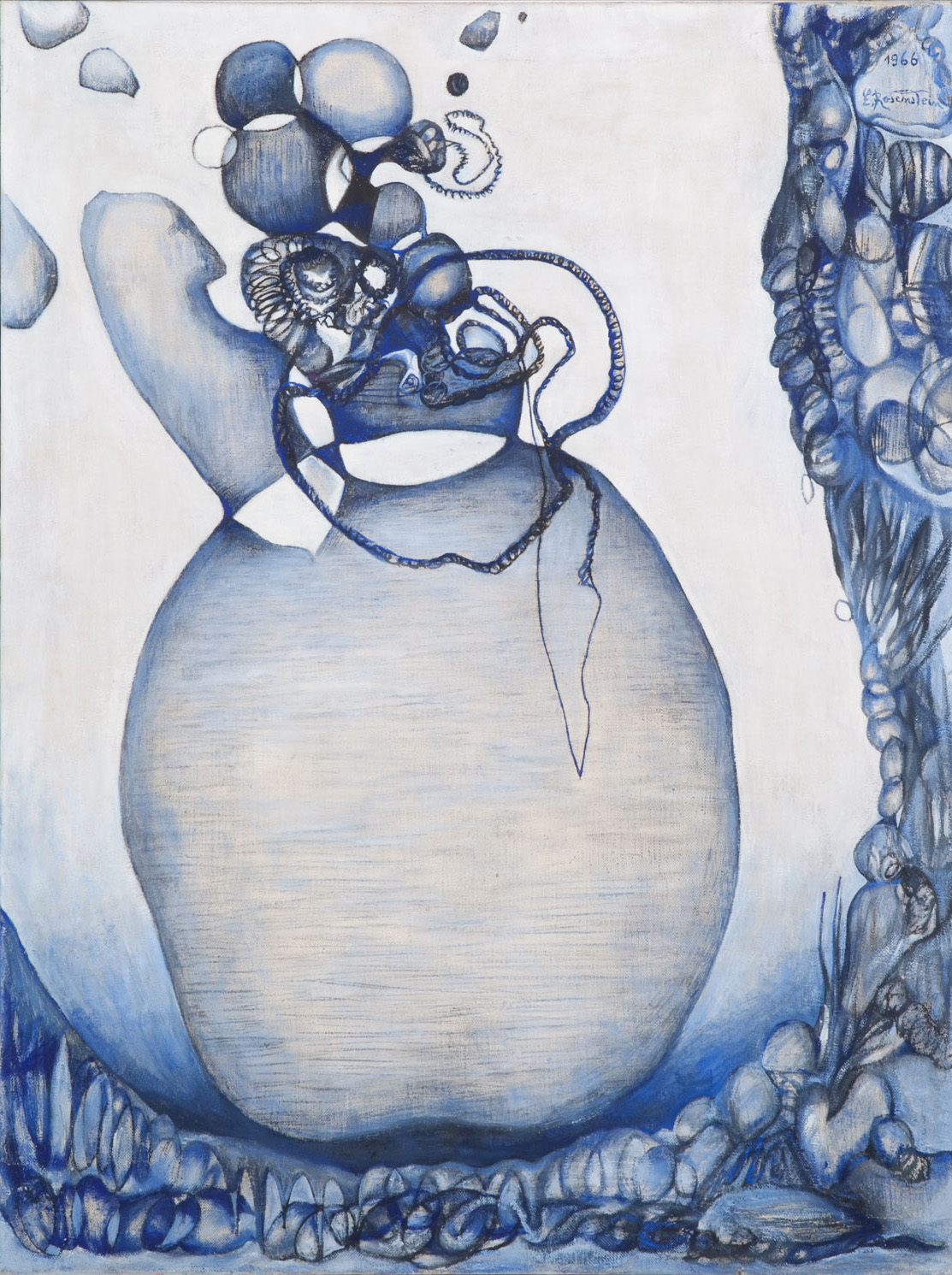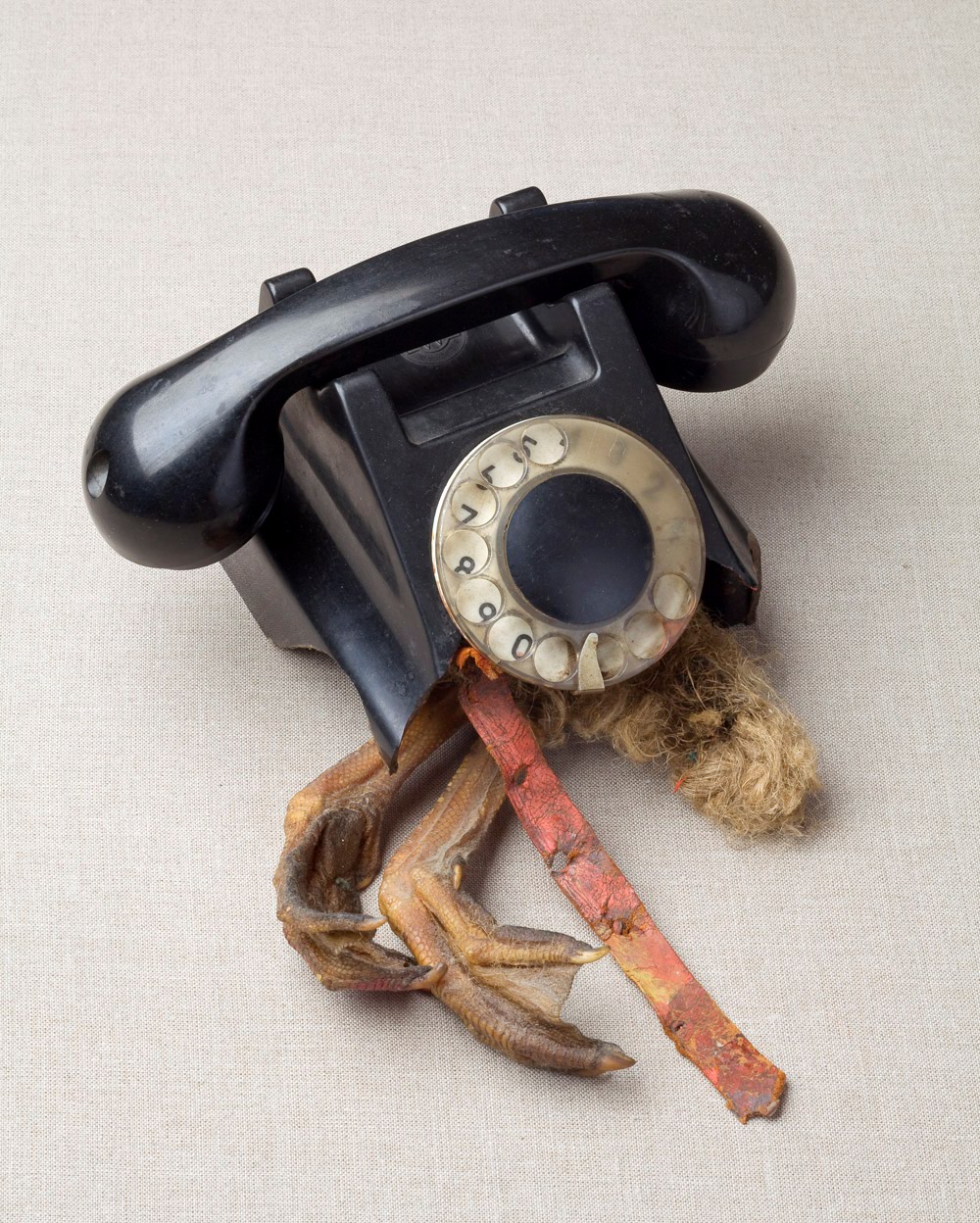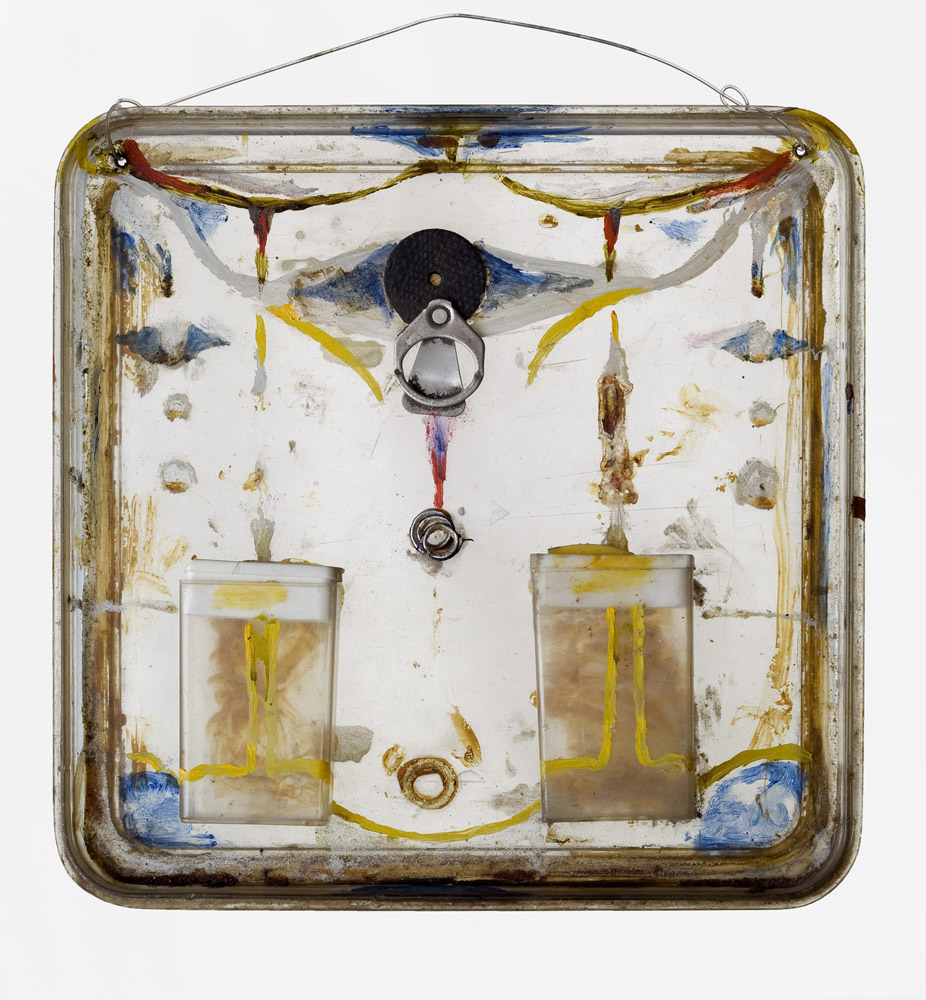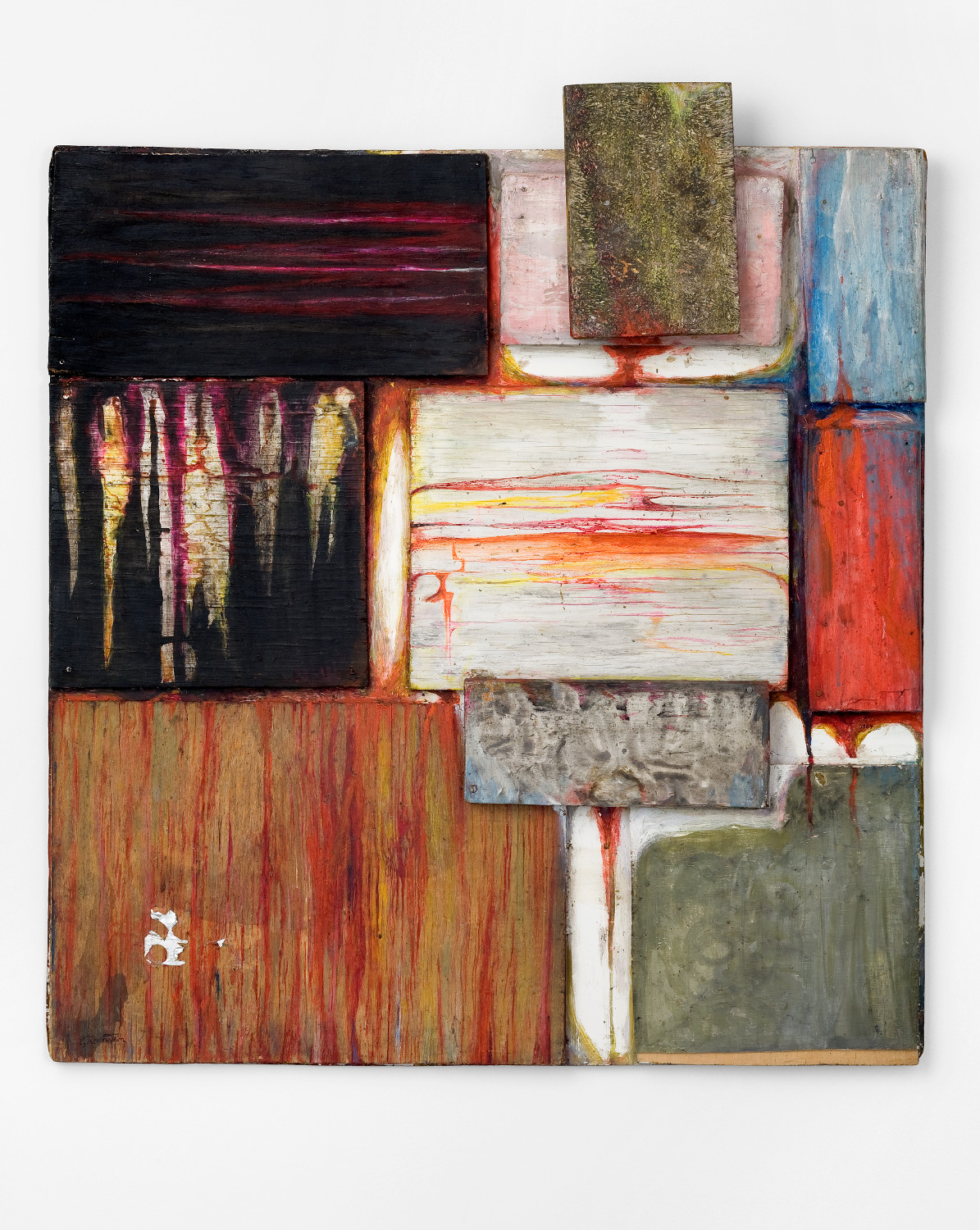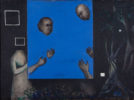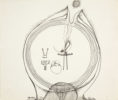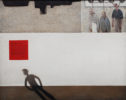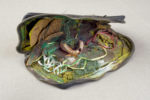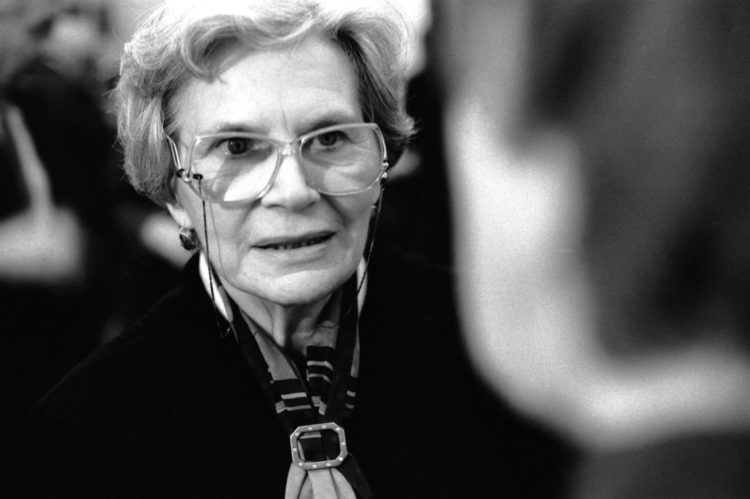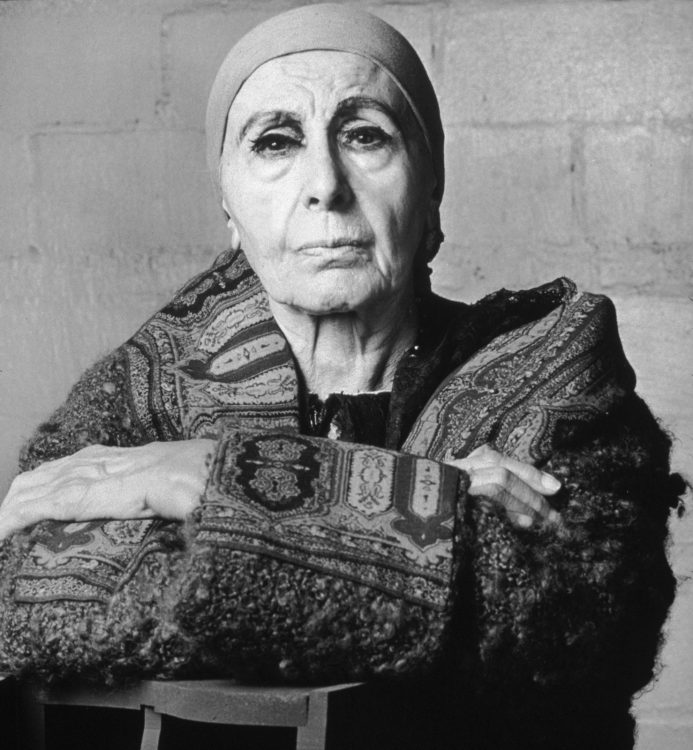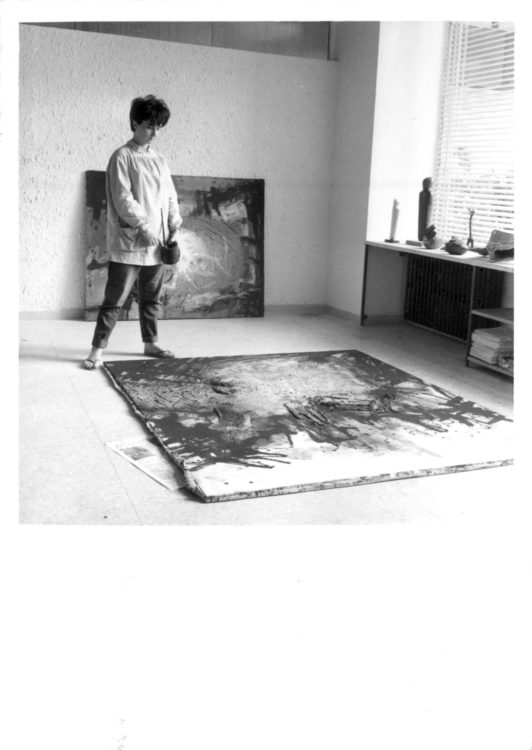Erna Rosenstein
Jarecka Dorota, Piwowarska Barbara, Erna Rosenstein: I Can Repeat Only Unconsciously, Warsaw, Fundacja Galerii Foksal, 2014
→Erna Rosenstein, Spoza granic mowy [From Beyond the Bounds of Speech], Warsaw, Czytelnik, 1976
→Erna Rosenstein, edited by Józef Chrobak, Kraków, Stowarzyszenie Artystyczne Grupa Krakowska, 1992
Surrealism Beyond Borders, The Metropolitan Museum of Art, New York, October 11, 2021 – January 30, 2022 ; Tate Modern, Londres, February 24 – August 29, 2022
→Unorthodox, The Jewish Museum, New York, November 6, 2015 – March 27, 2016
→Erna Rosenstein: I Can Repeat Only Unconsciously, Fundacja Galerii Foksal, Warsaw, 13 May – 2 July 2011
→Erna Rosenstein: Organizm, Art Stations Foundation, Poznań, 18 May – 1 September 2013
Polish surrealist, visual artist and poet.
Erna Rosenstein was one of the key figures of the Polish avant-garde. Over decades she developed her own autonomous language to rewrite post-war trauma and experiences from the edges of the Holocaust. She also reconfigured the oikos, transforming the private living space into an intimate workshop and an evolving installation. From the 1950s she incorporated waste and remnants, turning everyday objects and furniture into artworks, creating memory holders. Her diverse oeuvre includes paintings, drawings, assemblages, jewellery, artist’s books, and seven volumes of poetry, including Ślad [Trace, 1972]. E. Rosenstein questioned materialism and challenged the status of things in post-war reality. This was also emphasized in her poetic, precise titles, undermining the status of names.
Coming from Jewish family, born in Lviv, she spent her childhood and youth in Kraków and Vienna, and her adult life in Warsaw. In the 1930s she became involved in Communist movement and was close with the first Grupa Krakowska. Whilst studying at the Wiener Frauenakademie (1932–1934), she collaborated with the Vienna Workers Union. Between 1934 and 1937 she studied painting at the Academy of Fine Arts in Kraków, together with her friends Jadwiga Maziarska (1913–2003) and Tadeusz Kantor (1915–1990); there she co-founded the student’s Communist organisation. She travelled to Paris in 1937–1938, where she was strongly influenced by the Exposition Internationale du Surréalisme, as she was by the Entartete Kunst that she saw in Berlin on her way back. Her first exhibition was at Dom Plastyków in Kraków in 1939. The same year, she was put on trial for participation in an illegal May Day parade. At the beginning of the war she went to Lviv. Following the German capture of the city, she was forced into a ghetto, from which she escaped in 1942. At the end of that journey, she witnessed the murder of her parents, which she constantly referenced in her paintings and drawings until the 1990s. She survived by hiding under various aliases. In 1947–1948 she went to Switzerland and Paris, where she saw other Surrealist exhibitions, including one at Galerie Maeght. In 1948 she took part in the first exhibition of Polish modern art (I Wystawa Sztuki Nowoczesnej) at Pałac Sztuki in Kraków. The next year in Paris she became involved with the literary critic and writer Artur Sandauer, with whom she moved permanently to Warsaw. During the social realism period she did not exhibit, until 1955, when she took part in Wystawa Dziewięciu Malarzy at Dom Plastyków in Kraków, one of the first manifestations of the “Thaw” following Stalin’s death. Together with T. Kantor, J. Maziarska, Jonasz Stern (1904–1988), among others, she co-founded the second Grupa Krakowska in 1957, and exhibited extensively in Poland and abroad.
E. Rosenstein gained recognition for her retrospective at the Zachęta – National Gallery of Art in Warsaw in 1967, designed by T. Kantor. She also participated in his Cricotage (1965) and Panoramic Sea Happening (1967). Her work was recognised internationally after the publication of the monograph Erna Rosenstein: I Can Repeat Only Unconsciously in 2014, following series of her three solo shows, including Foksal Gallery Foundation and Edward Krasiński’s Studio (Avant-Garde Institute) in Warsaw (2011). Recently, her works were presented in Unorthodox at The Jewish Museum in New York in 2015-2016, and in documenta 14 in Athens and Kassel in 2017.
Publication made in partnership with the Institut Polonais de Paris.
© Archives of Women Artists, Research and Exhibitions



